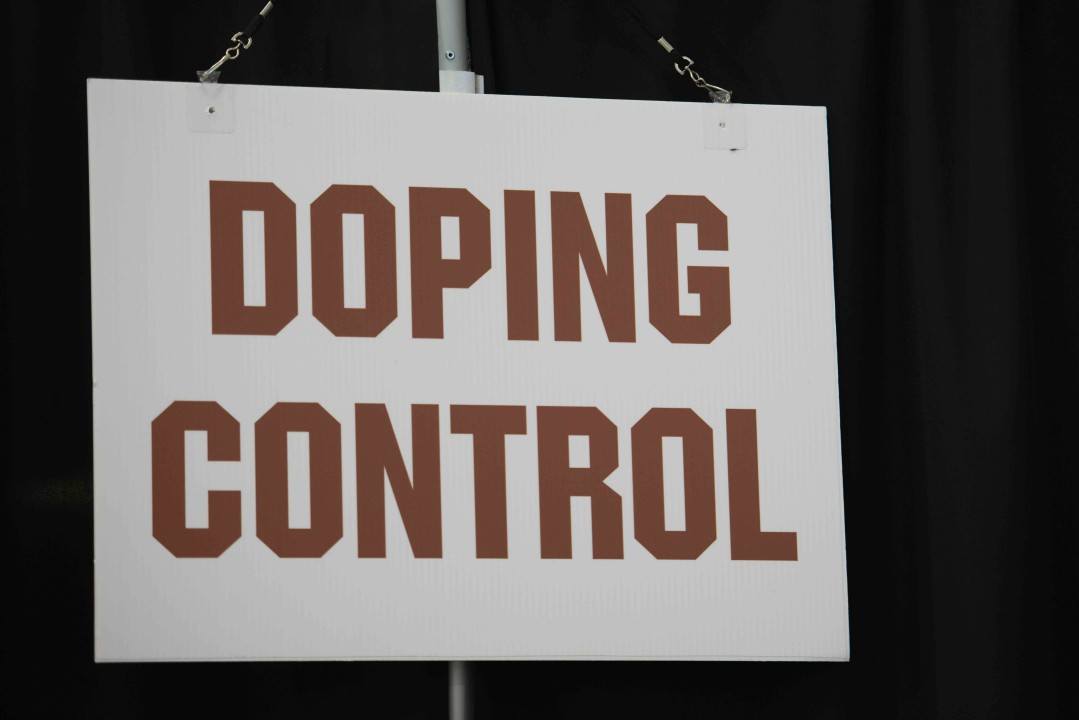As the world of performance-enhancing substances is ever-changing across every sport, the World Anti-Doping Agency (WADA) is perpetually on the lookout for potential unfair advantages gained by substances both elusive and easily available. Reports this week indicate that WADA is exploring the possible bans of two known substances, one categorized as ‘corticosteroids’ and the other known as plain old caffeine.
Corticosteroids are used in anti-inflammatory medications such as cortisone, hydrocortisone and prednisone, all useful in treating conditions such as asthma and sinus infections. According to the Mayo Clinic, the drug ‘mimics the effects of hormones your body produces naturally in your adrenal glands.’
As it stands today, athletes are able to use corticosteroids freely out of competition and only within competition with a Therapeutic Use Exemption (TUE). WADA is looking to potentially implement a blanket ban, not allowing corticosteroids under any condition, according to what WADA Director General Olivier Niggli conveyed while speaking at the ‘Tackling Doping in Sport’ conference held in London this week.
Already on WADA’s monitoring list, caffeine is also potentially headed towards a more widespread ban, per Russian Federal Microbiological Agency Chief Vladimir Uiba. He told state-run Russian news agency TASS last week that ‘caffeine is on WADA’s waiting list of prohibited substances. If it eventually makes its way onto the list of the prohibited substances, we will be forced to recommend everyone against drinking coffee as well as soft drinks containing caffeine.’ (Washington Post)
Caffeine was added to WADA’s monitoring program for 2017 so experts could ‘study whether athletes are using the substance with the intent of enhancing performance.’ The studies will continue through September, at which point WADA would issue a 3-month notice for substances set to then be added to the Prohibited List the following year, a la the process experienced with meldonium in late 2015.
Caffeine being considered a ‘performance enhancer’ of sorts is nothing new, as USA’s collegiate system, the NCAA, already bans the substance under its category of stimulants. Per NCAA, a urinary caffeine concentration exceeding 15 micrograms per milliliter results in a positive drug test.

Seriously?
So swimmers who are prone to sinus infections (me for one), wouldnt be able to compete because without the medications I wouldn’t be able to train?
To ban prenidsone is to condemn an athlete that needs it in order to survive is redic; a TUE should be acceptable. I have one and am on a low dose for my condition.
The caffeine thing won’t be a problem for coffee drinkers. The intraweb tells me 15 micrograms per milliliter is about 10 cups of coffee in an hour.
Is C4 a banned substance? What about EPO?
This seems to be an example of regulatory over reach. Why not ban coffee. Whats next? Green tea? They should be focusing on the plethora of masking agents designed to cover up the serious drugs.
Hm, so yes, the lines are arbitrary and foolish.
Someone else finally agrees with me, make everything legal!
This is nuts. So swimmers with asthma can’t compete? Will they be allowed a para category?
Caffeine?Why not chilli beans?Just imagine the official:”He did two farts underwater enhancing his momentum!I saw the bubbles!DQ!DQ!”